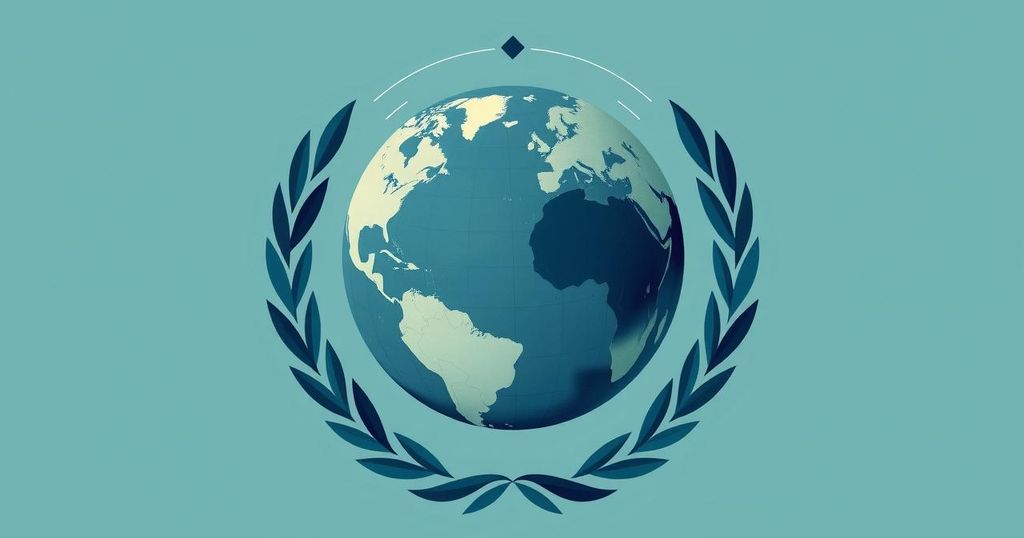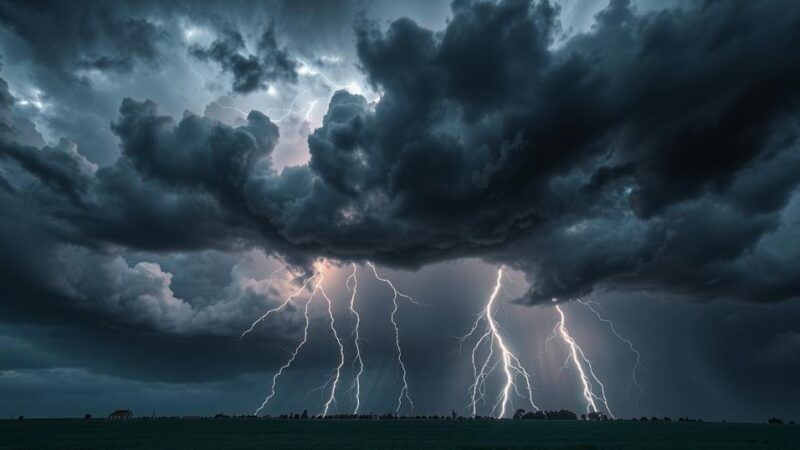Iran’s Foreign Minister Abbas Araghchi criticized Trump’s recent letter calling for nuclear talks, interpreting it as a threat. The letter, sent to Supreme Leader Khamenei, warned of military action. Iran will respond after careful evaluation, reiterating its position against negotiations under pressure from U.S. sanctions.
On March 20, 2025, Iran’s Foreign Minister Abbas Araghchi expressed that a letter from U.S. President Donald Trump, which called for new nuclear discussions, was interpreted as “more of a threat” than an opportunity. Araghchi indicated that Iran would assess the letter’s contents and formulate a response in the near future. He stated that the letter’s implications were being critically evaluated by Iran’s leadership.
Trump’s correspondence, dated March 7, was directed to Iranian Supreme Leader Ayatollah Ali Khamenei and warned of potential military action if Iran declined to negotiate. Khamenei dismissed the outreach, suggesting it was a ploy by the U.S. to manipulate international public perception regarding their willingness to engage in diplomacy.
Following the letter’s delivery by a senior UAE diplomat on March 12, Iran’s foreign ministry announced that a careful evaluation would precede their response. Araghchi revealed that the reply would be communicated through appropriate channels but did not disclose further details.
According to Axios, the letter allegedly stipulated a two-month deadline for achieving a new nuclear agreement. Since returning to the White House, Trump has reinstated his “maximum pressure” policy, reinstating sanctions against Iran reminiscent of his first term, when he exited the 2015 nuclear deal and imposed extensive economic sanctions.
In the aftermath of the U.S. withdrawal, Iran maintained compliance with the 2015 agreement for one year. However, it later began to scale back its commitments. Attempts to revive the agreement under President Joe Biden were unsuccessful, and Iran has consistently refused direct negotiations with Washington while sanctions remain.
In summary, Iran’s Foreign Minister has characterized President Trump’s letter as a significant threat rather than a genuine invitation for negotiation. While Tehran evaluates its options, the ongoing tensions underscore the complexities of U.S.-Iran relations, particularly in light of re-imposed sanctions and previous agreements. Iran remains firm in its stance against negotiations that occur under coercive conditions.
Original Source: www.bssnews.net






